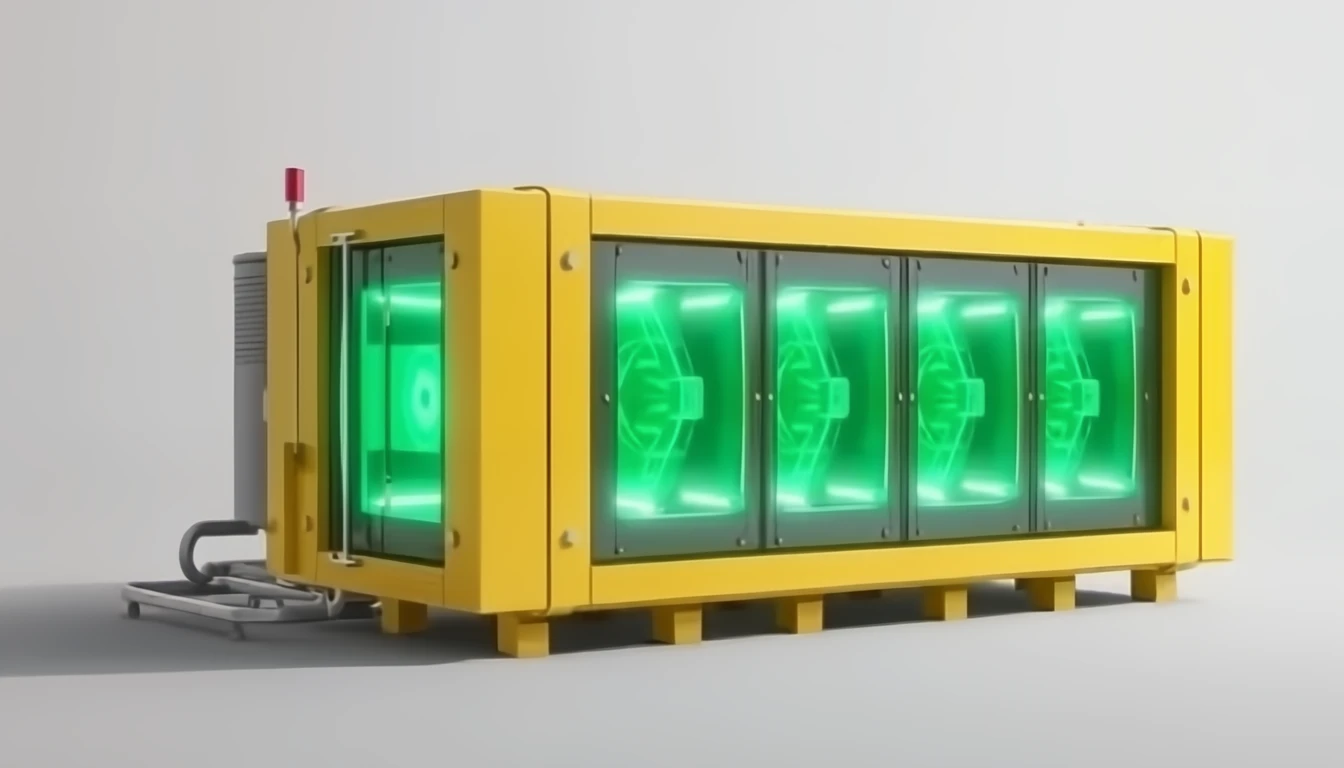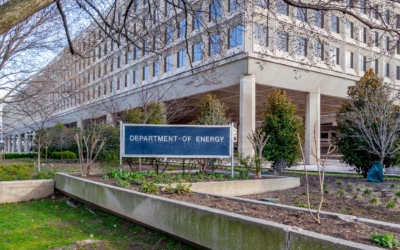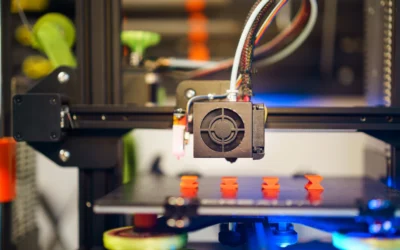Researchers have developed a prototype nuclear battery that could keep small devices running for decades—without recharging. The battery uses carbon-14, a radioactive form of carbon, to generate power safely and efficiently.
The breakthrough was presented at a recent meeting of the American Chemical Society by Su-Il In of South Korea’s Daegu Gyeongbuk Institute of Science & Technology. “I decided to use a radioactive isotope of carbon because it generates only beta rays,” said Dr In.
Beta rays are high-speed electrons that can be easily shielded, making carbon-14 a safe choice for miniature nuclear batteries. The prototype is designed to produce a steady flow of electricity through a betavoltaic process: electrons emitted by the radiocarbon strike a titanium dioxide semiconductor, which then drives current through an external circuit.
Unlike lithium-ion batteries, which degrade over time and require frequent charging, these nuclear batteries could offer a far longer lifespan. “The performance of Li-ion batteries is almost saturated,” Dr In explained.
The environmental impact is also a factor. Lithium-ion battery production involves mining, heavy energy use, and high water consumption. By contrast, radiocarbon batteries could reduce the need for such intensive resource use—especially in small, critical applications.
Dr In sees major potential in medical technology. “We can put safe nuclear energy into devices the size of a finger,” he said. Devices like pacemakers could operate for the lifetime of a patient, avoiding repeated surgeries for battery replacement.
While energy efficiency still needs improvement, researchers say this technology could offer a new path for powering electronics—especially where reliability, longevity, and minimal maintenance are essential.




